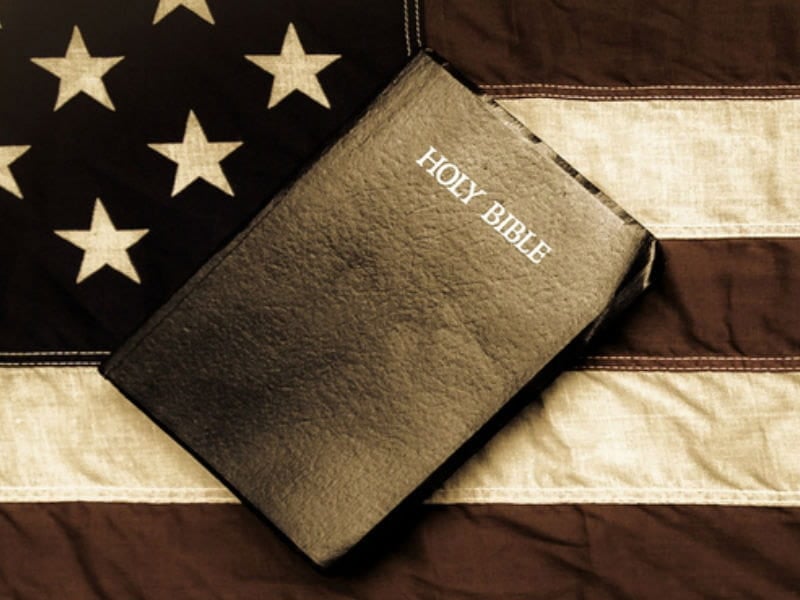How deserted lies the city,
once thronging with people!
She weeps bitterly in the night;
tears run down her cheeks:
her friends have all betrayed her;
they have become her enemies.
These words could well apply to the Holy City today. Her streets are empty because people are afraid to venture out. The friends and family of those who have died during the last days weep in the night. That includes the mother of the Palestinian lad who was caught in the lethal maelstrom and who died on international television.
It is uncanny to re-read Lamentations under these grievous circumstances. These lines leap out of the second chapter:
My eyes are blinded with tears,
My bowels writhe in anguish.
My bile is spilt on the earth
because of my people's wound,
as children and infants lie fainting
in the streets of the city...
gasping out their lives.
Lamentations, one of the greatest pieces of religious prose ever written, is almost unrelievedly sorrowful. Not only is the city full of pain and death, but God seems to have abandoned her. She suffers alone. Even prayer seems impossible.
Then, in the last chapter, a remarkable turn takes place. The writer decides that even though "Mt. Zion is desolate," and God has turned his back, we must still cry out in prayer. "Lord," he pleads, "turn us back to you, and we shall come back; renew our days as in times long past..." (5:21). The Hebrew word for "turn" here is teshuva, repentance, the same word that comes up time after time in the Rosh Hashanah and Yom Kippur services. The message of the holidays is that, in God's mercy, it is not yet too late to "turn," to mend our ways, to seek the renewal that only God can make possible.
There are two men who stand out in this tragedy. The first is Ariel Sharon, whose self-serving and provocative flaunting of the "status quo arrangement" that has maintained peace in Jerusalem for two years now was a clear betrayal of the city. His actions have not only splattered blood on the stones of the holy city, it has all but shattered any hope for a peace agreement in the foreseeable future.
The worst part of his swaggering sortie to the steps of the Dome of the Rock, surrounding himself with hundreds of soldiers, with helicopters buzzing overhead, is that it was intended to serve his own rapacious domestic political interests. He wants to sink the peace process, force Barak from office, and at the same time replace Netanyahu as the leader of Likud. If the certain loss of dozens of lives--mostly of Palestinians, but also of Israelis--as the inevitable outcome of his outrage crossed his mind, he gave it no further thought.
In a few days, Jews around the world will mark Yom Kippur, the Day of Atonement. It is not my business to reflect on Ariel Sharon's sins. I have enough of my own. But I wonder if he will remember, as he hears the blast of the shofar announcing the closing of the Book of Life and Death, that according to Jewish teaching, God can forgive only the transgressions we commit against Him. For those we have committed against our neighbors, we must seek their forgiveness.
The calamity of the past week, as terrible as it is, is not the last word God has for Jerusalem. Last summer, I met dozens of people--Israelis and Palestinians--who are determined that the greedy politicians and corrupt bureaucrats who are willing to sacrifice the peace for their own advancement will not win. They are God's quiet agents in a troubled city. Just watch the Israeli and Palestinian parents dropping off their youngsters at the kindergarten run for both of them at the YMCA. Sit in the snack bar of the Hebrew University and share a coffee with Jews and Arabs studying for their next exam together. Talk with the Muslims, Christians, and Jews who work together in Peace Now and many other groups. They are stitching together, patch by patch, a fabric that will eventually clothe a real peace, made by the people, not by the top dogs, and despite the brazen conceit of one man and the furious response he knew it would evoke to cast us into despair.
Those who love Jerusalem still pray "for the peace of the city," and we know that God has not abandoned Zion. We know, for He has promised it, that the day will come when all the tongues and nations will gather to praise Him together in harmony.

